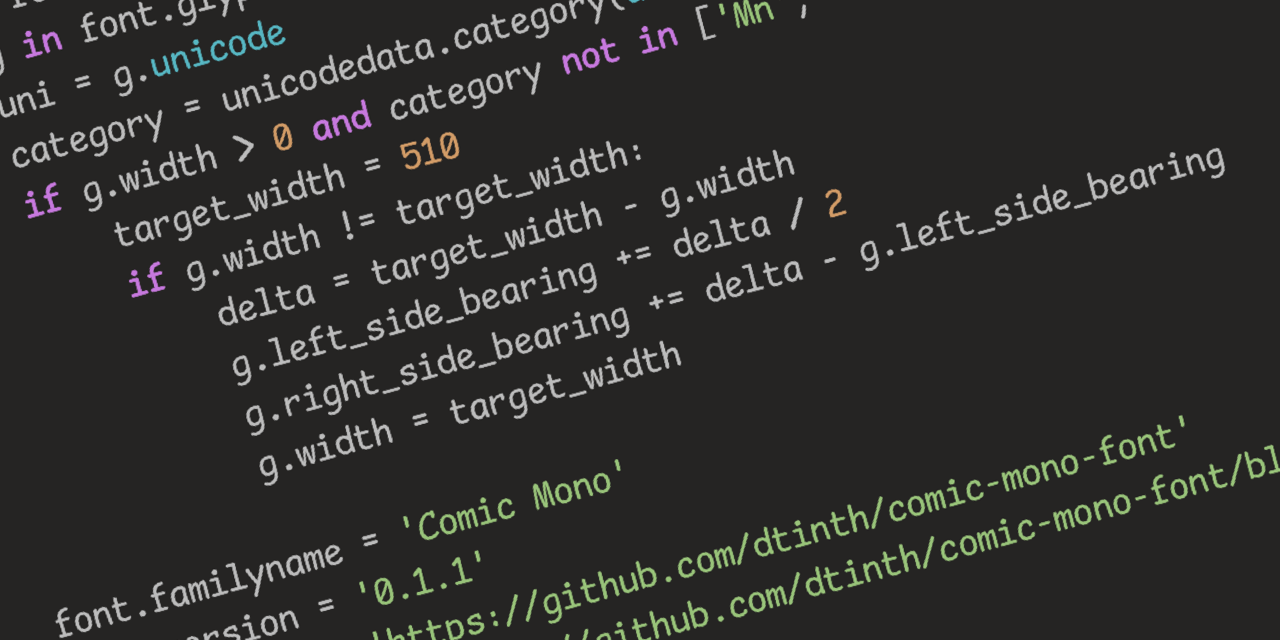Ich habe meine "Mental Health First Aid (MHFA) - Ersthelfer" Zertifizierung!
Und jetzt werden vermutlich sehr viele Leuten die Kopf leicht zur Seite legen, anfangen nachzudenken und sich fragen: "Was für eine Zertifizierung hast du!?" Nicht schlimm, denn genau so habe ich auch dreingeschaut, als ich zum ersten Mal vom MHFA-Programm gehört habe.
MHFA steht für Mental Health First Aid. Es geht also darum psychische erste Hilfe leisten zu können. Erste Hilfe wie bei der Ersten Hilfe bei Unfällen. Man lernt anhand der ROGER-Methode (dazu später mehr) Menschen beizustehen und wie man sie unterstützen bzw. ermutigen kann sich professionelle Hilfe zu suchen.
Zu diesem Zweck lernt man etwas über Depression, Angststörungen, Psychosen, Substanzmissbrauch, problematischem Glücksspiel, Essstörungen und suizidalem Verhalten/Gedanken. Einerseits lernt man, was sich genau hinter diesen Begriffen versteckt (Abbau von Mythen & Vorurteilen ist auch eines der Ziele), aber andererseits auch darüber wie man Personen die daran erkankt sind begegnet. Insbesondere auch wie man ihnen in Krisensituationen begegnet, z.B. einer Person die gerade eine Psychose erlebt. Und wie man ihnen in solchen Situationen helfen kann.
Und ja, manchmal heißt Helfen auch einfach nur es nicht schlimmer zu machen bis professionelle Hilfe eingetroffen ist. Ganz wie bei der körperlichen ersten Hilfe auch.
Wichtige Abgrenzung: Wir leisten ausschließlich Erste Hilfe, keine Diagnostik oder Therapie
Es ist aber ganz wichtig zu sagen: Es geht um erste Hilfe. Es geht NICHT um eine Diagnose oder Therapie. Dazu ist man nach dem Besuch des Kurses nicht befähigt. Wer dies leisten will muss sich schon einer jahrelangen Ausbildung und/oder einem Studium stellen.
Wer den Kurs also machen will um als "Internetpsychiater" jedem ungefragt eine Ferndiagnose vor die Füße zu werfen... Der hat das Prinzip des Kurses nicht verstanden und sollte ihn am besten gar nicht erst besuchen.
Kurzer Rant: Gott wie ich die Schnauze voll habe von Möchtegern Psychiater Typen alá "Ich kann das aber so ferndiagnostizieren das du X/Y hast bzw. Z bist. Den ich habe neben dem IT-Studium 2-3 Semester Psychologie mitstudiert!" - EINEN SCHEISS HAST DU! Du hast ja offensichtlich nicht einmal die absoluten Grundlagen verstanden nach denen eine Anamnese & Diagnose erstellt wird. Geschweige denn dein Handeln ethisch/moralisch bedacht... Vollidiot.
Aber hey, immerhin tust du mir den Gefallen das ich dich gleich sehr komfortabel, mit 100% gutem Gewissen in eine meiner Schubladen einsortieren kann. Auch wenn es leider keine sehr hübsche Schublade ist. Aber dafür ist es DEINE Schublade. Ist doch auch etwas. 😆
Und ja, meiner Erfahrung nach, sind es zu 99,9% Männer und zu über 90% IT'ler. 5% arbeiten im Vertrieb/Marketing. Diese Zahlen sind aber bestimmt stark durch meinen Job und Geschlecht beeinflusst.
Erste Hilfe ist freiwillig
Einen Aspekt der der Dozentin immer sehr wichtig war zu betonen ist: Ob und wie man Hilfe leistet ist freiwillig. Genau wie bei körperlicher erster Hilfe.
Daher gab unsere Dozentin folgende Ratschläge/Hinweise mit auf den Weg:
- Helfe nur, wenn du selbst die Kapazitäten dafür hast (Zeit, Kraft, etc.)
- Helfe nur, wenn du der Person auch helfen willst (es gibt keine Verpflichtung)
- Wenn du helfen willst, finde den richtigen Ort und Zeit, etc.
Unsere Instruktorin hat immer den Spruch gebracht: "Ein Arzt operiert auch nicht auf seinem Küchentisch." Und ich finde das trifft es sehr gut.
Ich möchte persönlich noch ergänzen:
- Akzeptiere das du nicht jeder Person helfen kannst, da gerade bei psychischen Erkrankungen häufig eine bereits existierende Vertrauensbasis Dinge sehr erleichert. Selbst dann ist es aber keine Garantie.
Dies ist, für mich, insofern relevant zu erwähnen da das MHFA-Programm eher auf Menschen im direkten Umfeld (Familie, Arbeitskollegen, Freunde, Bekannte) abzielt. Da häufig nur hier überhaupt die Chance besteht, das einem psychische Erkankungen/Probleme/Veränderungen auffallen. Von Ausnahmesituationen vielleicht einmal abgesehen.
Zudem sind gerade psychische Probleme sehr häufig noch mit jeder Menge Vorurteile verbunden. Und somit leider auch häufig mit sehr viel Scham bei der betroffenen Person. Deswegen kann es schwierig sein den entsprechenden Zugang zu bekommen um dieser Person Stupser in die richtige Richtung geben zu können. Selbst wenn es sich um gute Freunde o.ä. handelt. Das ist hart, tut sehr weh. Aber, meiner Erfahrung nach, leider die Realität.
Wie ich auf das MHFA-Programm aufmerksam wurde
Die Story wie es dazu kam, ist für mich wieder so ein Paradebeispiel wie toll das Internet ist. Irgendwo erwähnt eine Person das sie die MHFA Zertifizierung besitzt. Ich dachte an eine IT-Zertifizierung, bin neugierig da mir dies nichts sagt und fange an zu suchen.
Sekunden später bin ich hellauf begeistert. Fasziniert das es so ein Programm gibt. Das es sich zudem auch noch an Laien richtet. Und auf einer Ebene ansetzt an die ich vorher nicht einmal gedacht habe. Mein ADHS ist begeistert und nur gut 30min später habe ich mich zum Onlinekurs angemeldet (6x 2 Stunden) und die 249€ Kursgebühr bezahlt.
Zuerst war ich durchaus skeptisch. Es gibt genug fragwürdige, selbsternannte Coaches, Lebenshelfer und allerlei anderes Geschmeiß da draußen im weiten Internet. Personen die bewusst andere Menschen ansprechen die, vorsichtig formuliert, gerade nicht die beste Zeit im Leben haben und/oder nicht auf der höhe ihrer körperlichen und geistigen Fähigkeiten sind. Gerade die Esoterik-Bubble ist da leider sehr gut drin.
Allerdings wird das MHFA-Programm in Deutschland vom Zentralinstitut für Seelische Gesundheit in Mannheim betreut. Das Zi (wie es auch abgekürzt wird) fungiert hierbei auch als Herausgeber der offiziellen MHFA-Schulungsunterlagen (Handbuch + Arbeitsbuch). Das Zi kannte ich namentlich aus meinen Tagesklinikaufenthalten, da ein paar Mitpatienten das Zi entweder bereits besucht hatten oder planten dort bald in Behandlung zu sein. Daher wusste ich dass das Zi einerseits für so ziemlich jede psychische Erkrankung eine eigene Abteilung hat, aber auch das dort Behandlung/Therapie und Forschung unter einem Dach vereint sind. Eine geniale Kombination. Und der Träger ist das Land Baden-Württemberg. Nicht irgendeine ominöse Stiftung o.ä. irgendeines Menschen mit fragwürdiger Moral.
Das hat mich dann überzeugt, das es hier mir rechten Dingen zugeht und Kenntnisse, basierend auf dem aktuellen Stand der Wissenschaft vermittelt bekommt. Kenntnisse die frei von moralischer oder ideologischer Einflussnahme sind.
Wie ist es denn nun? Wie lief das ab?
Nachdem ich den Onlinekurs gebucht hatte, bekam ich eine Mail der Dozentin mit allen Infos. Dann traf man sich jede Woche am gleichen Wochentag um 18:30 Uhr in einen ZOOM-Meetingraum für 2 Stunden (1-2x wurde auch um 30min überzogen). Die Schulungsunterlagen wurden vor dem zweiten Termin per Post zugeschickt.
In den Onlinekursen gibt es eine Präsentation zum jeweiligen Thema und etwas über die Hintergründe (Stand der Forschung, etc.). Hauptsächlich geht es darum, wie man das ROGER-Prinzip (die 5. Schritte an denen man sich orientieren kann/soll) bei einer betroffenen Person anwendet. Wir haben in 5 von 6 Kursen dann auch immer temporäre Kleingruppen aus 3-4 Personen gebildet, wo eine Person die Rolle des/der betroffenen Person eingenommen hat und die anderen dann das ROGER-Prinzip angewandt haben. Diese Situationen und Lösungsvorschläge finden sich auch im Arbeitsbuch.
Das ROGER-Prinzip steht hierbei für:
- Reagieren: begegnen, bewerten, beistehen
- Offen und unvoreingenommen zuhören und kommunizieren
- Gib Unterstützung und Information
- Ermutige zu professioneller Hilfe
- Reaktiviere Ressourcen
Mehr will ich hierbei aber nicht drauf eingehen. Wenn es dich interessiert: Du findest die Präsenz- und Onlinekurse auf: https://www.mhfa-ersthelfer.de/de/
 Was kannst du sonst noch sagen?
Was kannst du sonst noch sagen?
Das Schulungsmaterial ist für Laien sehr verständlich geschrieben und alle Statistiken und Studien auf die man sich bezogen hat waren meist nach 2020 publiziert (sofern in diesem Zeitraum belastbare Studien veröffentlich wurden). Sprich es ist sehr aktuell.
Es gibt auch ein Zusatzkapitel über die erste Hilfe bei LGBTIQ+ Personen und geht auf deren häufige Probleme, etc. ein. Also insgesamt alles sehr offen, aktuell und unvoreingenommen.
Es gibt zudem einen extra MHFA-Youth Kurs, der sich auf Hilfe für Kinder & Jugendliche bezieht.
Auch soll es wohl bald einen MHFA-Auffrischungskurs geben für Personen deren Kurs schon länger zurückliegt.
Wenn du noch Fragen an mich hast: Ab in die Kommentare damit!
